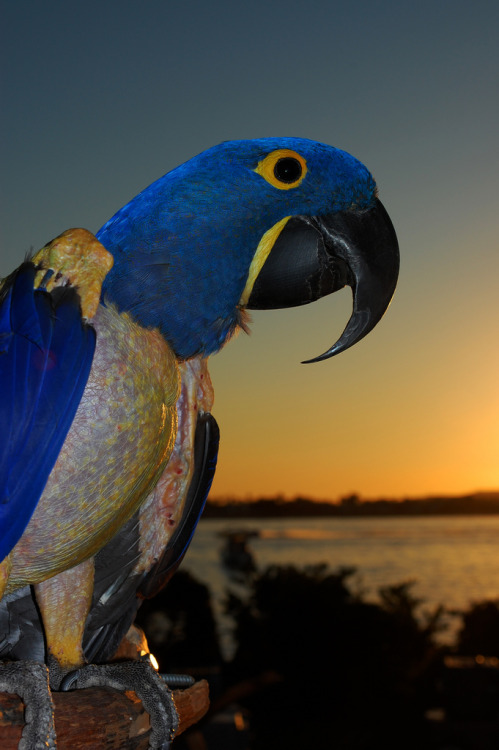#parrot plucking
Plucking can be a problem in many birds, but parrots seem to be quite good at it.
Feather plucking is a stereotypic behaviour. A stereotypic behaviour can be a result of stress or, particularly, boredom. Stereotypic behaviours are due to the lack of choices available to an animal. In an engaging environment, a bird has many options. It’s daily routine may look something like this:
Play - drink - groom - bathe - play - sleep - play - eat - play - sleep
For a bird that doesn’t have enough toys, doesn’t have to forage for treats, doesn’t have enough interaction with its owner or other birds, or has toys it is no longer interested in, its daily routine may look like this:
Groom - drink - groom - eat - groom - sleep - groom - eat - groom - sleep
The bird has run out of choices, and as a result it begins repeating one or two of the few choices it has. Stereotypy is a result of an enclosure that doesn’t give the bird the chance to indulge in its natural behaviours, such as foraging, puzzle-solving, playing with other birds (or you), climbing and exercising.
Excessive grooming will lead to feather loss. If this is allowed to continue for a long time, the bird can damage the feather follicle. A damaged follicle is serious - this feather will never grow back.
If you notice your bird plucking, take some time to consider its environment and routine. Has this just started, or has it been happening for a while?
Has there been a big change in routine lately - a new bird or a moved cage? This may indicate stress-plucking, and you should consult a vet or an animal behaviourist.
How many hours a day is your bird able to play? To exercise? To cuddle with you? Do you change his toys often enough that they don’t become routine or boring? Do you give him the opportunity to leave the cage and sit on a play-stand, or fly around?
If your bird is physically and mentally stimulated, every day, he won’t pluck, and you will have a happy, healthy parrot - both physically and mentally.
If you notice your bird is plucking, you should take him to a vet immediately.
Bigger, more intelligent birds are theoretically more likely to pluck, but I’ve seen many cases of plucking in rainbow lorikeets - more so than any other species.
There are commercial sprays available that are distasteful to the bird, and will stop plucking, but this is definitely a short term solution, and it is important to understand why your bird is plucking in the first place.
Plucking can also be caused by irritation during moulting, or due to parasites such as mites.
Don’t forget that a moulting bird will pluck old feathers out, as they loosen. This is completely normal, and finding feathers at the bottom of the cage during moulting season is nothing to fear.
If you’re concerned at all about your bird, see a vet as soon as possible.
Species: Hyacinth macaw (Anodorhynchus hyacinthinus)
Post link

